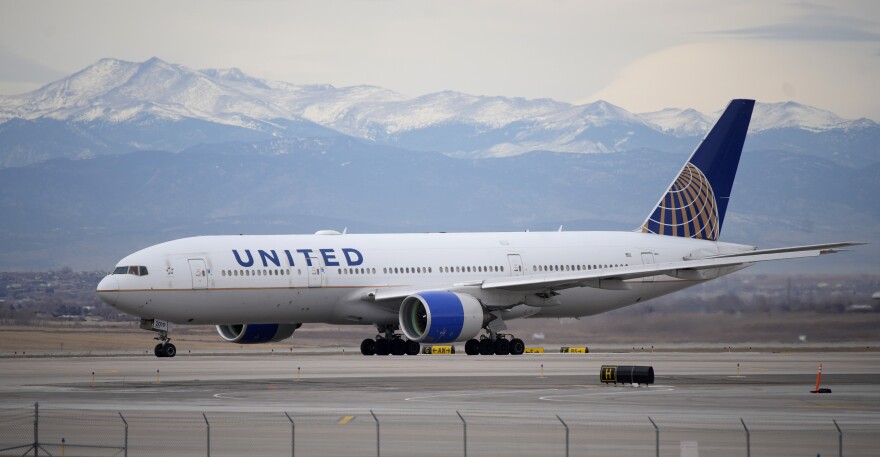United Airlines will now allow families with small children to select seats next to each other at no additional cost, it announced Monday.
Beginning in early March, adults traveling with children ages 12 and under will have the option when booking their flights to select adjacent seats in the Basic Economy boarding class, and if there are no options there, United will search its system for conjoined, upgraded Preferred Seats.
If adjacent seats are completely unavailable at the time of booking, eligible passengers can be switched to another flight with adjacent seats for no additional cost, even if there is a fare difference.
"In an era where more families are working in a hybrid environment, they're traveling more often – and they're flying United," Chief Customer Officer Linda Jojo said. "We're focused on delivering a great experience for our younger passengers and their parents and know it often starts with the right seat. We look forward to rolling out more family-friendly features this year."
Copyright 2023 NPR. To see more, visit https://www.npr.org.



